Last week we presented key findings from 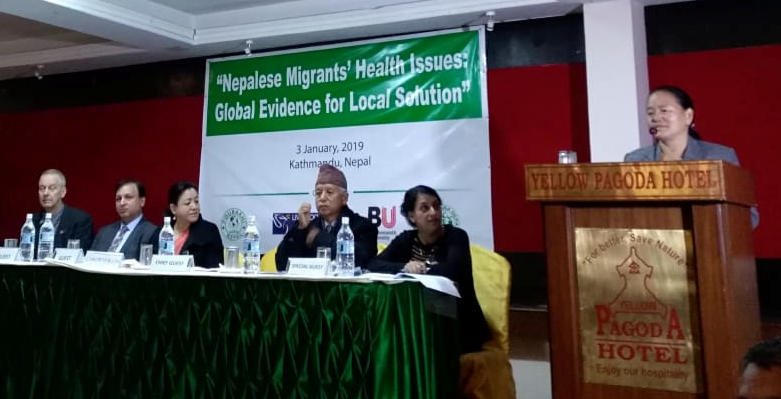 our various research projects on health and migration in Nepal. The research meeting was held in a hotel in central Kathmandu. More than seventy people turned up, in fact more people than had registered so the kitchen had to add to the lunch buffet at short notice. The chief guest was the Deputy Speaker of the Nepal’s Federal Parliament, Shivamaya Tumbahangphe. Dr. Tumbahangphe was the first female MP in Nepal with a PhD (in Political Sciences). She is speaking on the photo right, standing next to BU’s Dr. Bibha Simkhada.
our various research projects on health and migration in Nepal. The research meeting was held in a hotel in central Kathmandu. More than seventy people turned up, in fact more people than had registered so the kitchen had to add to the lunch buffet at short notice. The chief guest was the Deputy Speaker of the Nepal’s Federal Parliament, Shivamaya Tumbahangphe. Dr. Tumbahangphe was the first female MP in Nepal with a PhD (in Political Sciences). She is speaking on the photo right, standing next to BU’s Dr. Bibha Simkhada.
The event was organised jointly with Liverpool John Moores University, Green Tara Nepal, and POURAKHI Nepal. the latter is an organisation of women migrant workers established in 2003.  It aims to ensure the rights of women migrant workers and their families in the entire process of migration. The organisation focuses its work on women migrant worker’s concerns regarding issues that arise at the different stages of migration, namely pre-employment, pre-departure, employment and post-arrival periods through support programmes.
It aims to ensure the rights of women migrant workers and their families in the entire process of migration. The organisation focuses its work on women migrant worker’s concerns regarding issues that arise at the different stages of migration, namely pre-employment, pre-departure, employment and post-arrival periods through support programmes.
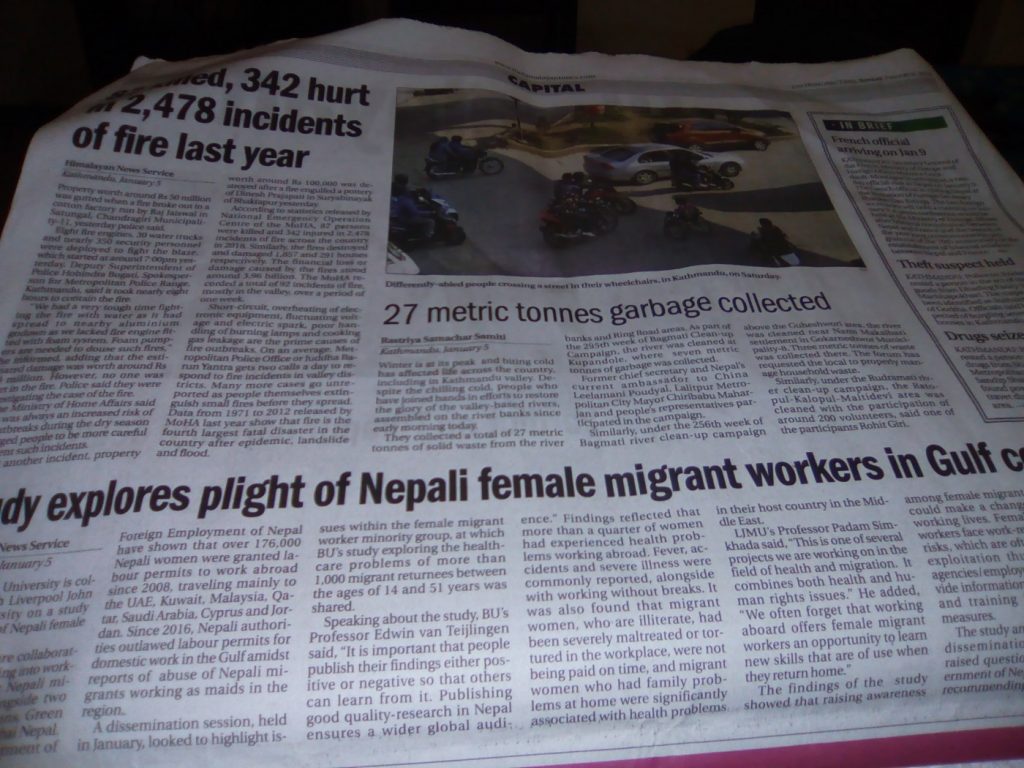 Nearly one-seventh of the world’s population is now living in a location different from the one in which they were born. Some 3.5 million Nepali are working as migrant workers in the Gulf countries, Malaysia, and India, contributing nearly one-third of the Nepal’s gross domestic product. Despite Nepal’s long history of work-related migration, the national dialogue has only recently become more prominent. Migration has become a political as well as a social issues, for example, we see migration mentioned in the national media on a daily basis. Our meeting was reported on TV and in an English-language newspaper The Himalayan Times on January 6th (to read article click here!).
Nearly one-seventh of the world’s population is now living in a location different from the one in which they were born. Some 3.5 million Nepali are working as migrant workers in the Gulf countries, Malaysia, and India, contributing nearly one-third of the Nepal’s gross domestic product. Despite Nepal’s long history of work-related migration, the national dialogue has only recently become more prominent. Migration has become a political as well as a social issues, for example, we see migration mentioned in the national media on a daily basis. Our meeting was reported on TV and in an English-language newspaper The Himalayan Times on January 6th (to read article click here!).
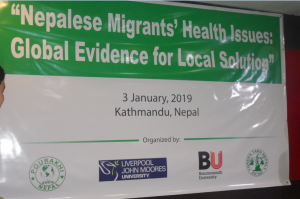
The BU team comprises: Dr Pramod Regmi (FHSS Lecturer in International Health), Dr. Nirmal Aryal (Post-doctoral Research Fellow), Dr. Bibha Simkhada (FHSS Lecturer in Nursing), and in the Centre for Midwifery, Maternal & Perinatal Health (CMMPH) Dr. Catherine Angell and Prof. Edwin van Teijlingen. The team is complemented by Liverpool John Moores University’s Prof. Padam Simkhada (who is also Visiting Professor at BU), Dr. Pratik Adhikary (BU graduate based at Green Tara Nepal) and colleagues at Datta Meghe Institute of Medical Sciences, India.
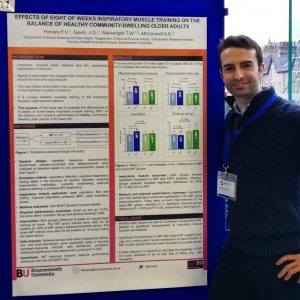

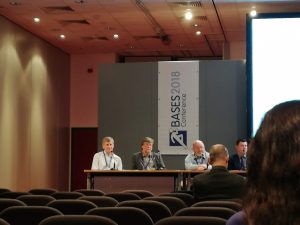




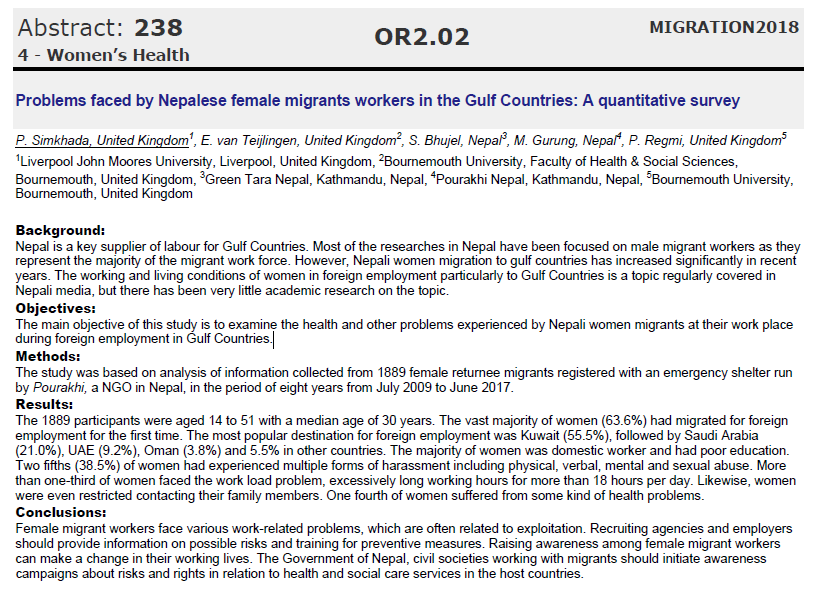
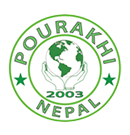
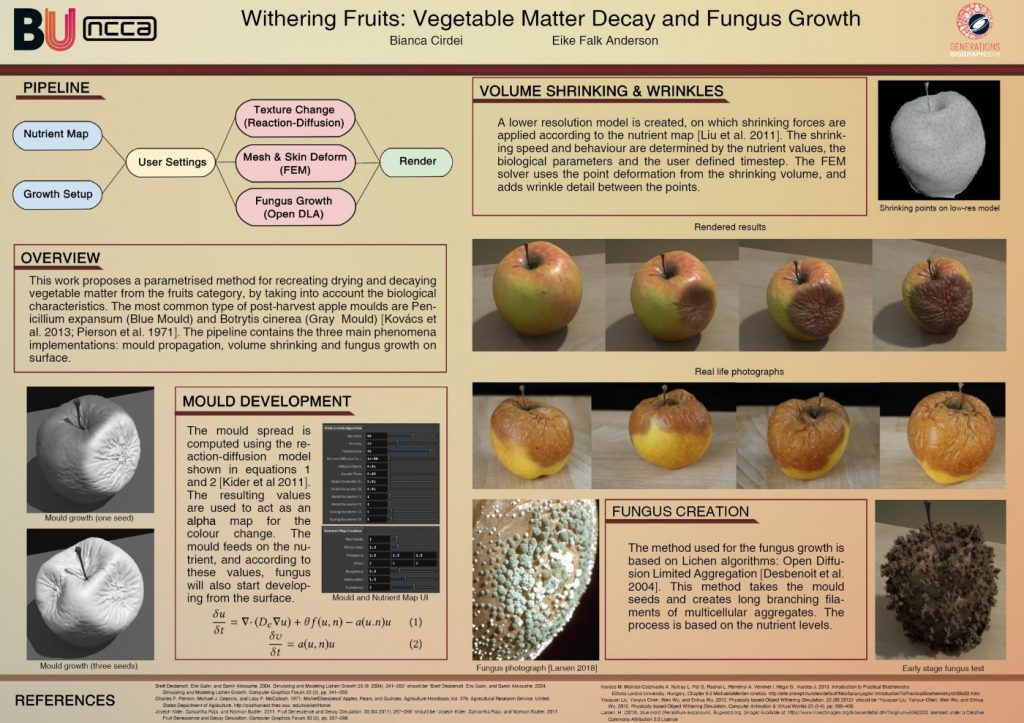
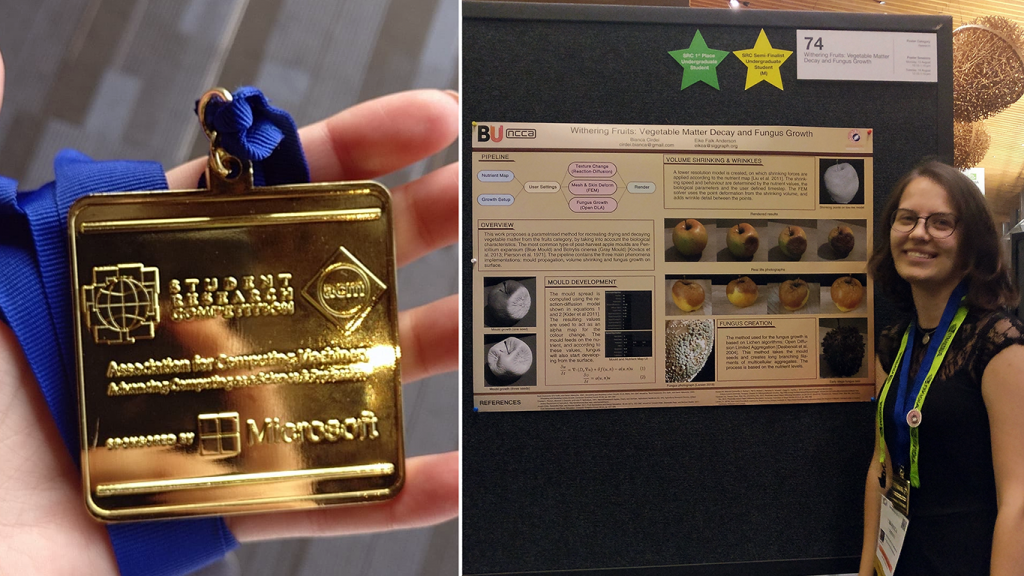
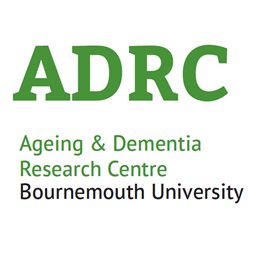
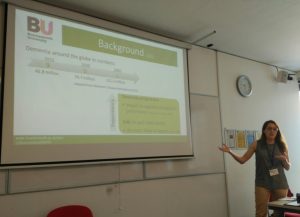
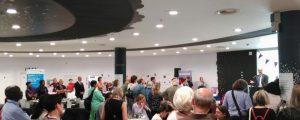
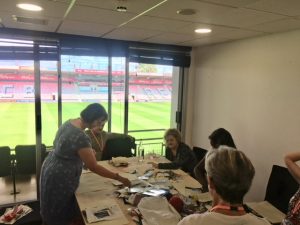
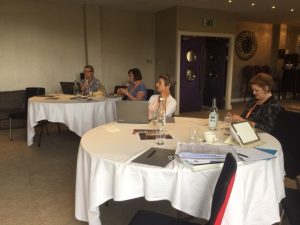
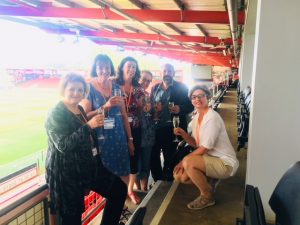
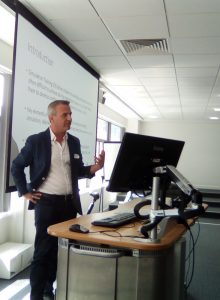
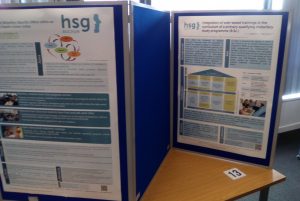
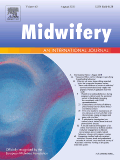
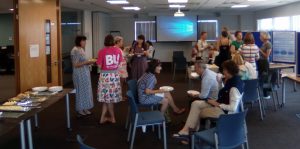
 Dr Holly Crossen-White has had a conference paper accepted for National Programmes Conference: Museums and Digital Memory Conference to be held at the British Museum in September. The paper will be presented with Dr Trudie Cole, Head of Access and Participation, The National Museum of the Royal Navy. Trudie and Holly have previously worked on several research projects related to the use of digital archives and this gives them opportunity to apply their findings within the context of collections held by the National Museum of the Royal Navy. Holly’s research interest in digital archives arose through her PhD which explored the hidden history of illicit drug taking during the early twentieth century. Holly has published on the ethical issues of undertaking research using digital archives and has been awarded Faculty Seedcorn Funding with her colleague Dr. Angela Turner-Wilson for some of this research work.
Dr Holly Crossen-White has had a conference paper accepted for National Programmes Conference: Museums and Digital Memory Conference to be held at the British Museum in September. The paper will be presented with Dr Trudie Cole, Head of Access and Participation, The National Museum of the Royal Navy. Trudie and Holly have previously worked on several research projects related to the use of digital archives and this gives them opportunity to apply their findings within the context of collections held by the National Museum of the Royal Navy. Holly’s research interest in digital archives arose through her PhD which explored the hidden history of illicit drug taking during the early twentieth century. Holly has published on the ethical issues of undertaking research using digital archives and has been awarded Faculty Seedcorn Funding with her colleague Dr. Angela Turner-Wilson for some of this research work.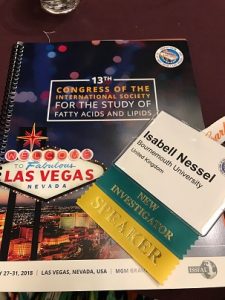
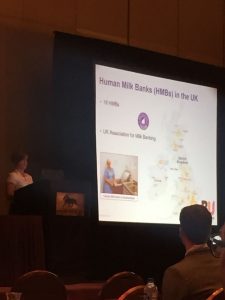 Methodology and Ketoneurotherapeutics. In between, well-known researchers in the field presented their research in plenary talks. Dr Michael Crawford obtained an omega-3 research award and Dr Maria Makrides was awarded with the Alexander Leaf Award. Her presentation entitled “Standing on the shoulders of giants: great women role models, mentors and advocates” was really inspiring.
Methodology and Ketoneurotherapeutics. In between, well-known researchers in the field presented their research in plenary talks. Dr Michael Crawford obtained an omega-3 research award and Dr Maria Makrides was awarded with the Alexander Leaf Award. Her presentation entitled “Standing on the shoulders of giants: great women role models, mentors and advocates” was really inspiring.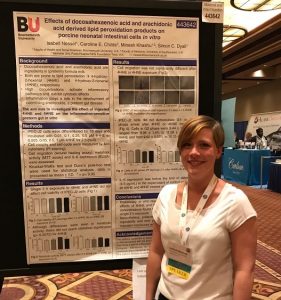 banking practices and recommendations for improvement”, presenting the results of our UK Milk Bank survey, which is now extended internationally. Furthermore, I had two posters displaying our work on preterm formula milk storage conditions and lipid degradation; and the effects of lipid degradation products on intestinal cells in vitro. These presentations gave me the possibility to position myself in the fatty acid research world and to make valuable contacts.
banking practices and recommendations for improvement”, presenting the results of our UK Milk Bank survey, which is now extended internationally. Furthermore, I had two posters displaying our work on preterm formula milk storage conditions and lipid degradation; and the effects of lipid degradation products on intestinal cells in vitro. These presentations gave me the possibility to position myself in the fatty acid research world and to make valuable contacts.
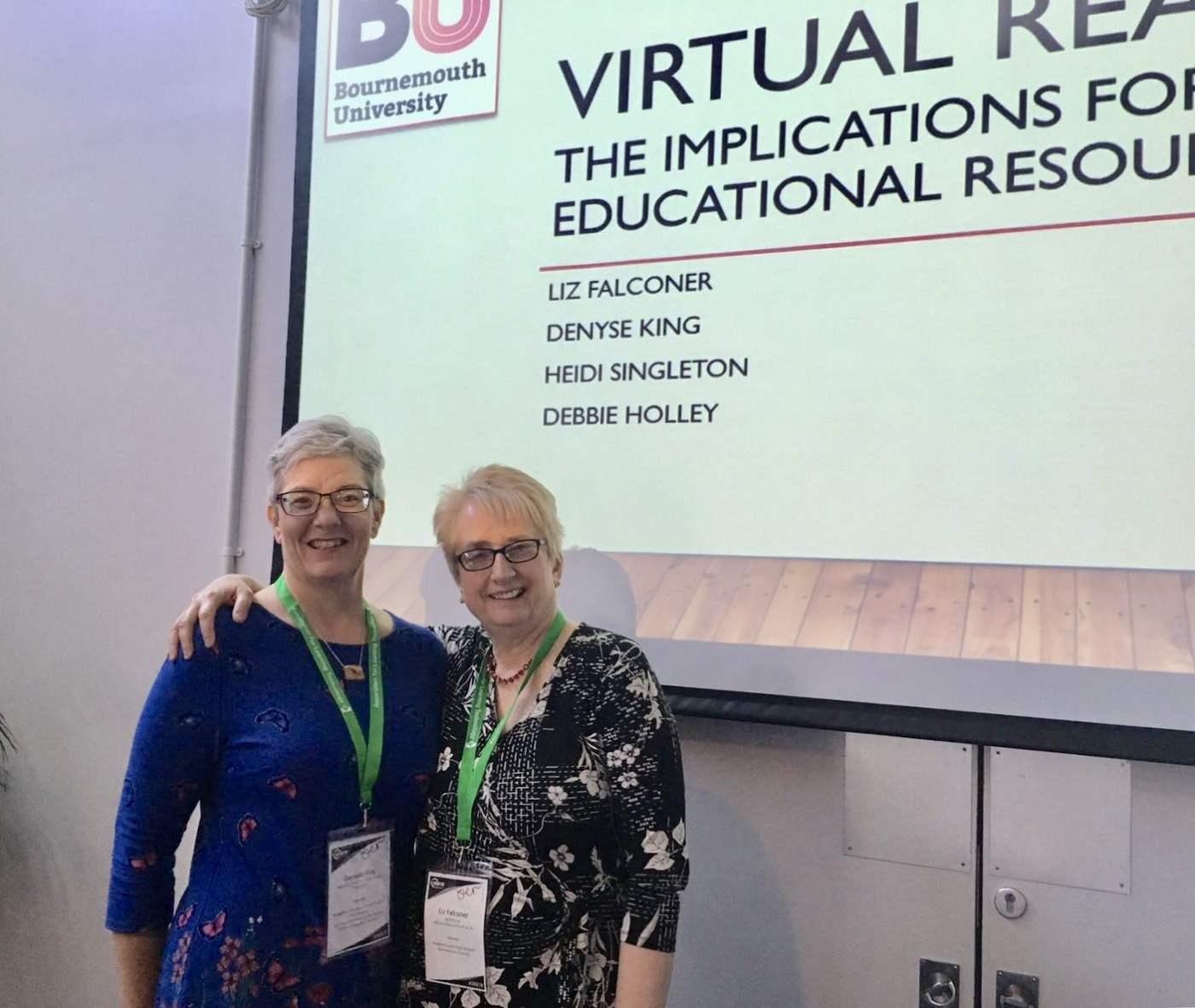
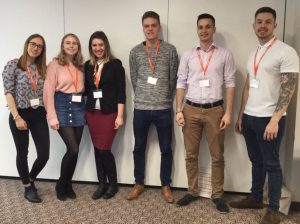
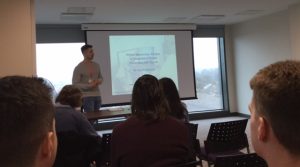
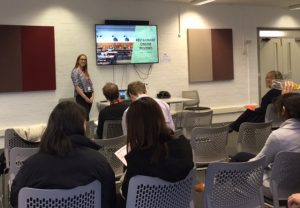
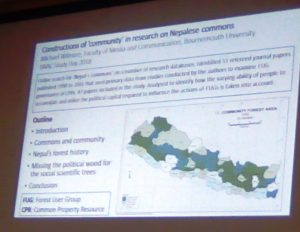
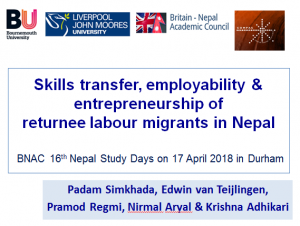
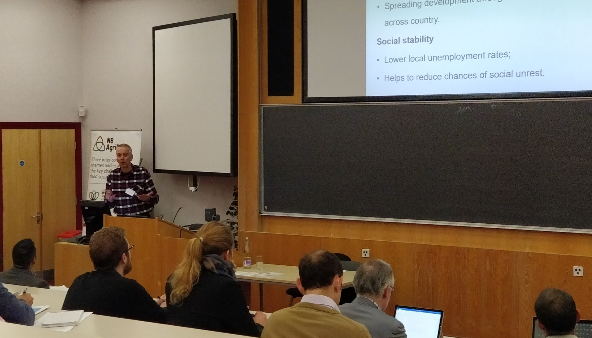

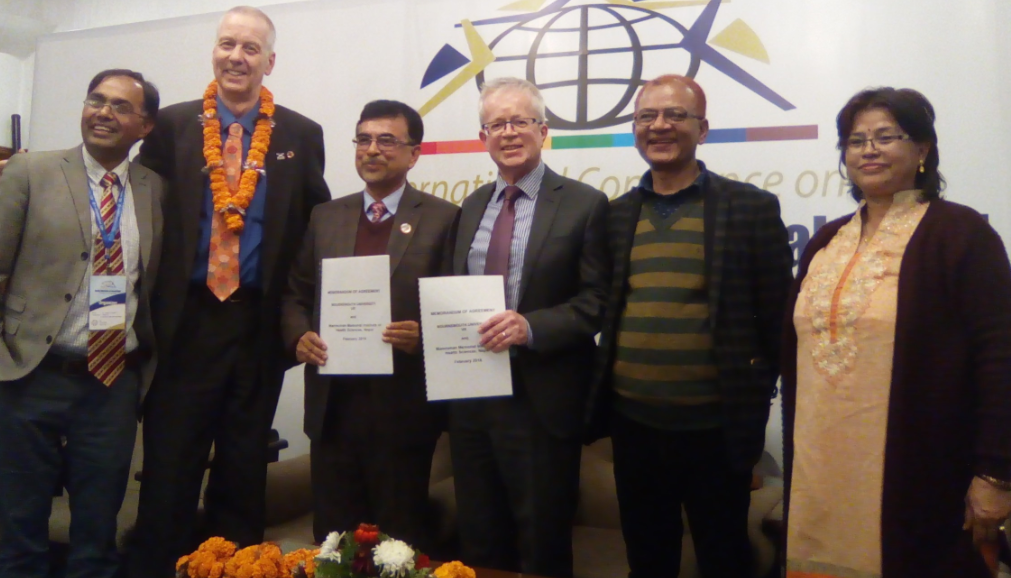
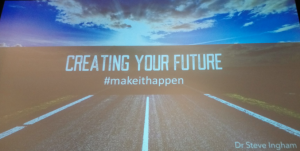
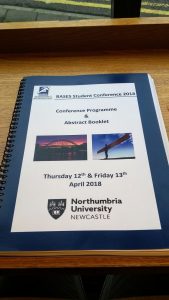
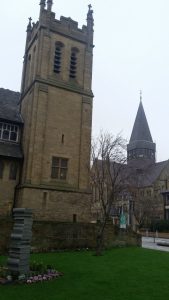
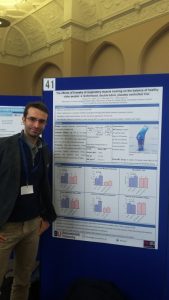
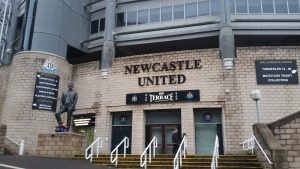
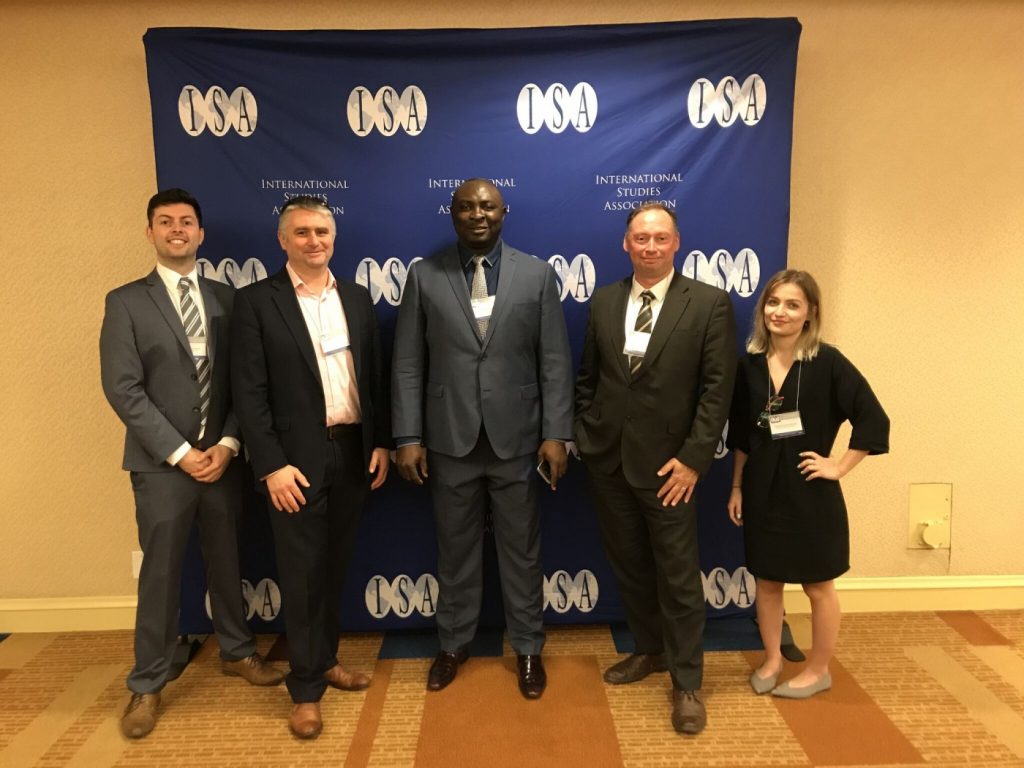











 BRIAN upgrade and new look
BRIAN upgrade and new look Seeing the fruits of your labour in Bangladesh
Seeing the fruits of your labour in Bangladesh Exploring Embodied Research: Body Map Storytelling Workshop & Research Seminar
Exploring Embodied Research: Body Map Storytelling Workshop & Research Seminar Marking a Milestone: The Swash Channel Wreck Book Launch
Marking a Milestone: The Swash Channel Wreck Book Launch ECR Funding Open Call: Research Culture & Community Grant – Application Deadline Friday 12 December
ECR Funding Open Call: Research Culture & Community Grant – Application Deadline Friday 12 December MSCA Postdoctoral Fellowships 2025 Call
MSCA Postdoctoral Fellowships 2025 Call ERC Advanced Grant 2025 Webinar
ERC Advanced Grant 2025 Webinar Update on UKRO services
Update on UKRO services European research project exploring use of ‘virtual twins’ to better manage metabolic associated fatty liver disease
European research project exploring use of ‘virtual twins’ to better manage metabolic associated fatty liver disease